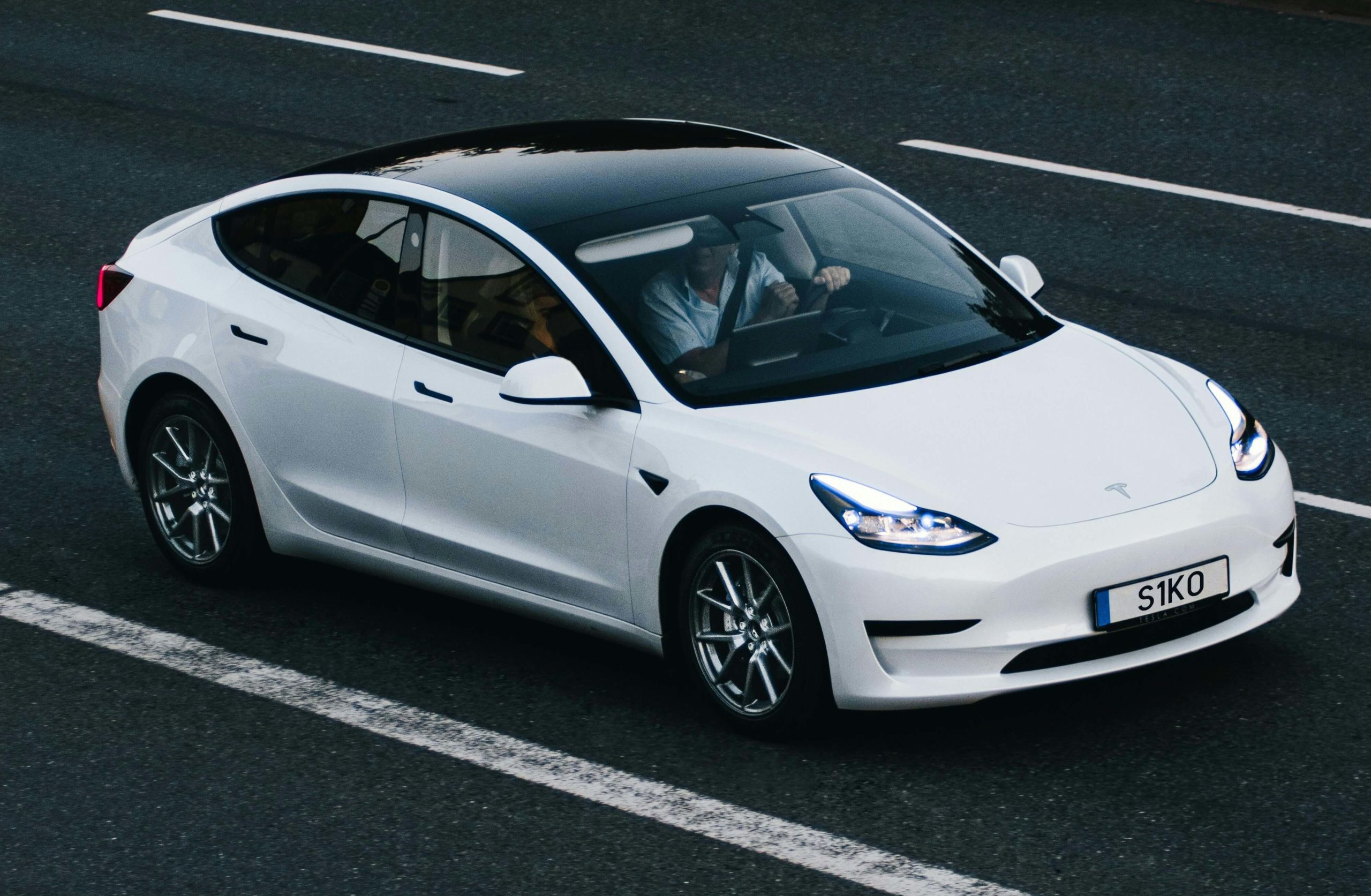Is wireless EV charging the future?

With electric vehicles (EVs) offering a more environmentally friendly alternative to internal combustion engines, manufacturers are looking for ways to help consumers to embrace the technology and encourage uptake. Wireless EV charging is the latest advancement that could make owning and operating an electric vehicle easier and more efficient.
How does wireless EV charging work?
If you’ve ever used wireless charging on your phone, you’ll already be familiar with the technology. Wireless EV charging uses exactly the same process, known as inductive charging. Both the charger and the car contain a magnetic coil able to transmit or receive electricity. When the two magnets align, electricity can pass from the source into the battery, where it’s stored for future use.
Wireless EV chargers comprise a small pad installed into the ground with a magnetic coil inside. Drivers simply need to drive over the pad and park the vehicle to align it with the receiver in the vehicle. The vehicle will then begin to charge automatically without the need for any cables.
Types of wireless EV charging
There are currently two main types of EV charging, known as static and dynamic. Static wireless EV charging works in much the same way as what electric vehicle owners are already used to, in that the car is charged while stationary. Instead of being plugged into an outlet, it’s simply parked over the wireless EV charging coil.
Dynamic wireless EV charging involves building EV charging coils into the roads. This will allow electric vehicles to be charged continuously as they drive. In a bid to support mass EV adoption, Israeli company Electreon has already installed functioning EV charging roads in Israel, America, China and several European countries. However, this new infrastructure is complex and expensive to undertake, and is unlikely to be introduced on a large scale any time soon.
Benefits of wireless EV charging
While cable EV charging is fairly fast and efficient, plugging in the car can be fiddly – especially in the rain. It also adds the safety concern of trailing cables, which can be particularly hazardous if where you park your car isn’t particularly well lit.
Wireless charging for electric vehicles is considered to be just as fast and efficient as charging using a plug. This means that you can enjoy the same functionality with the added convenience of not having to worry about cables.
Wireless EV charging could also be more efficient for short charging sessions. For example, if the owner will only be home for half an hour before needing to leave again, they may not bother plugging in the vehicle to charge for such a short period of time. With the wireless charging pad, the vehicle will automatically charge on its own, keeping the power topped up for longer.
Will wireless EV charging become standard in the UK?
There are still some challenges that need to be addressed before wireless EV charging is rolled out as standard throughout the UK. The technology still needs to be standardised across manufacturers and, with over 53,000 EV charging points in the UK, replacing them is a huge undertaking.
In addition to this, only a small number of the 950,000 fully electric and 570,000 hybrid cars on UK roads are compatible with wireless charging technology. Upgrading them all to wireless functionality is likely unfeasible, which means that new models will need to be introduced. Those with existing EVs may be hesitant to purchase a replacement, so manufacturers may consider offering a trade-in incentive to expedite the uptake of wireless charging models.
All this means that it’s not yet practical to upgrade the existing EV infrastructure to accommodate wireless charging. However, the technology is fast moving, and as the world looks to move away from fossil fuels, investing in efficient, environmentally friendly methods of powering vehicles is essential to meet global carbon neutrality goals.
Want to learn more about electric vehicle charging?
Take a look at our Electric Vehicle (EV) Charging Course. Completing the course will allow you to offer the installation of electric vehicle charging points to your customers, so you can take advantage of the rising demand in for this technology.
Back to blog



